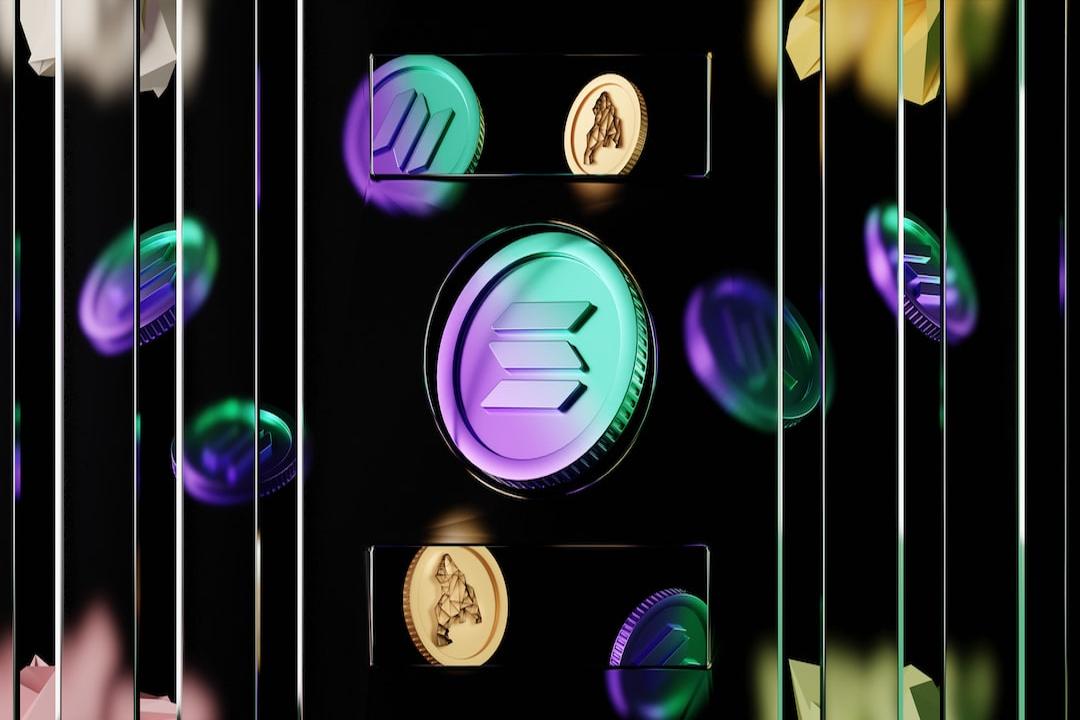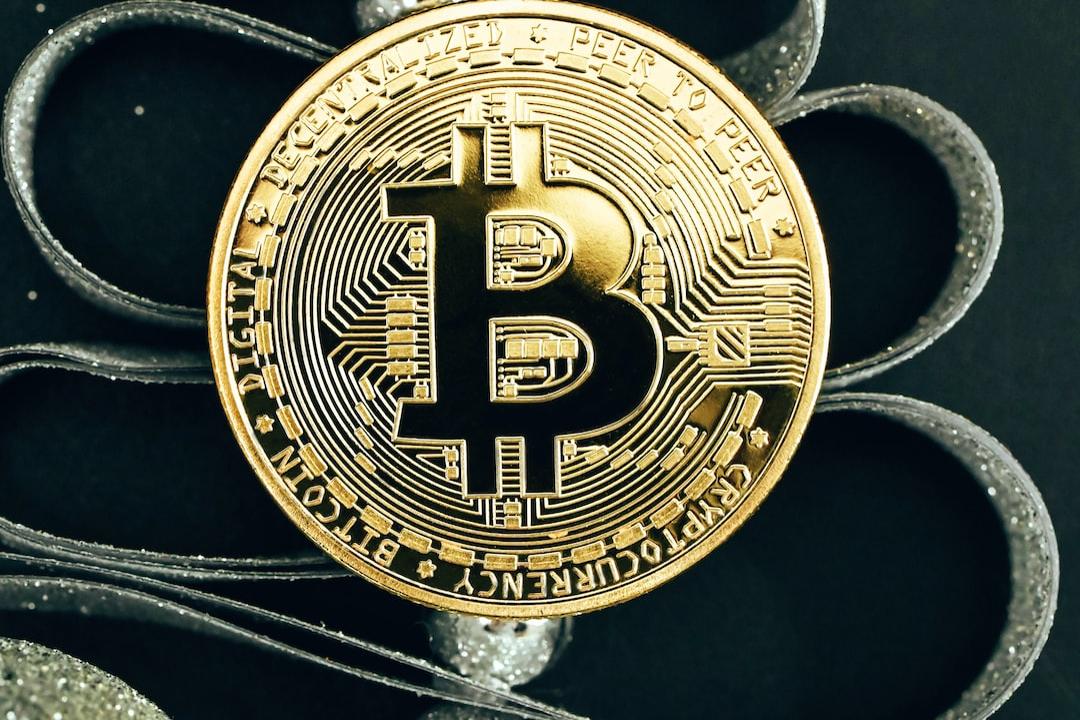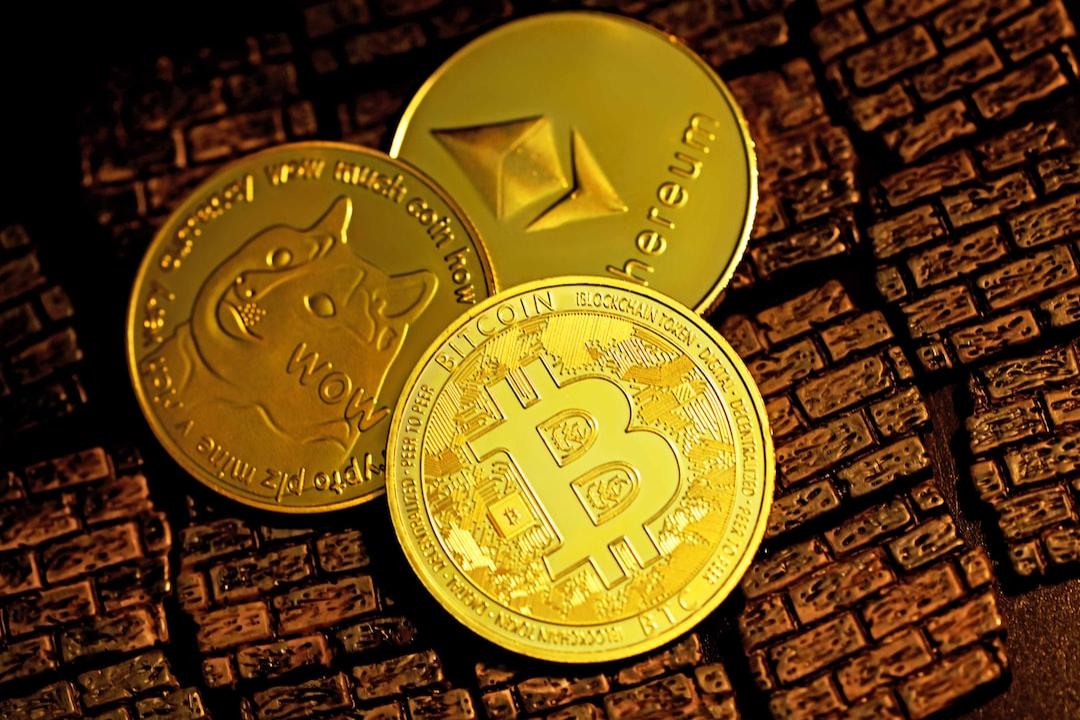**Celebrities Launching Tokens No Longer Effective?**
Since Trump, celebrity token launches seem to have become a new business model. On March 2, renowned retired football superstar Ronaldinho announced the launch of his personal token, $STAR10, on the BSC chain.
Despite the market’s low mystery, although the circulating market cap peaked at $32 million, it fell far short of the anticipated buying frenzy. Instead, numerous conspiracy theories regarding this token surfaced on social media. Scandals emerged, including a certain token issuance team from Shenzhen, an unlocked liquidity pool, retained minting privileges, and insiders allegedly cashing out early. Even Binance founder CZ, who retweeted the token launch information, found himself under attack from users.
Is the business model behind this wave of celebrity token launches truly a one-way ticket to wealth?
**From Football Genius to Harvesting Tool? Questions Surrounding Professional Team Management**
Ronaldinho, once hailed as the most talented Brazilian football star in history, is commonly referred to as “Little Rô” by fans. He was adored during his professional career and earned the nickname “Football Wizard.” However, achieving fame at a young age, lacking self-discipline, and indulging in a life of excess ultimately ruined his career. Following bankruptcy, he resorted to leveraging his fame to earn money, mirroring the fate of many talented athletes who came from humble beginnings.
After attempting various ways to earn money, the fast harvesting capability of the cryptocurrency industry seems to have become his better option. On February 22, Little Rô tweeted, “Here, cryptocurrency looks good,” hinting at his token launch plan. However, due to the ongoing downturn in the cryptocurrency market, the token was officially launched ten days later.
During these ten days, the crypto market experienced significant declines; the previously popular Solana chain showed signs of weakness, while the BSC chain attempted to become a new MEME hotspot amid CZ’s frequent interactions. Little Rô’s final choice suggests that a team well-versed in the dynamics of the crypto market may be strategizing for him.
On February 28, Twitter user @R10coin_ revealed that a token issuance team from Shenzhen was behind Little Rô’s token launch. This informant claimed to be from another professional token issuance company, which had initially negotiated a $6 million cooperation agreement with Little Rô for the token sale. However, after another Shenzhen-based token team intercepted the deal with an offer of $10 million, this informant chose to expose the situation, presenting some email communications and signed documents from Little Rô. The community generally viewed this incident as a black-eats-black farce, but they seem to have become accustomed to such insider manipulation. The earlier token launch debacle involving President Milei also brought similar behind-the-scenes machinations to light. As of March 4, this user’s Twitter account has been suspended.
Since this user has not released any substantial insider information, the details regarding the team behind Little Rô’s token remain unknown. According to PANews, the official website domain for the $STAR10 token is hosted by the well-known domain service provider GoDaddy, and two deployed IP addresses trace back to Amazon Cloud Servers. These IPs have resolved over 80,000 domains, making it impossible to prove that they are controlled by the same entity.

Interestingly, among the list of resolved domains for this IP, the official website address for another well-known MEME coin, PNUT, appeared. PNUT was also one of the MEME coins that launched on Binance last year. However, based on the existing evidence chain, there is no direct proof that a conspiracy group exists behind the issuance of the $STAR10 token, as claimed on social media.
**Contract Hidden Mysteries: Backdoor Privileges Trigger Trust Crisis**
Despite the token issuance process, people still seem to sense a lack of sincerity surrounding the $STAR10 token launch. According to monitoring by GoPlus Security, the contract owner of the $STAR10 token retains the authority to burn tokens at will, and the liquidity pool lock period is only one month.
⚠️ SECURITY ALERT ⚠️ @10Ronaldinho’s STAR10 coin has a serious security risk! GoPlus found that the owner can burn ANY holder’s tokens at will. Since ownership has not been renounced, all tokens are at risk of being destroyed without warning. To @10Ronaldinhoteam: Please… pic.twitter.com/XLrU671nbi— GoPlus Security (@GoPlusSecurity) March 3, 2025
This reserved backdoor operation led many users to believe that the project party was preparing for harvesting. Consequently, it sparked collective outrage on social media. Binance founder CZ initially retweeted Little Rô’s token launch tweet without noticing this flaw, stating that this was not an endorsement but merely gratitude for choosing to launch on the BNB Chain. However, he soon faced collective condemnation from users.
Under pressure from the community, the Little Rô team subsequently announced on Twitter that they had relinquished minting privileges and extended the lock-up period to 255 years until 2281. However, this last-minute attempt to rectify the situation seemingly failed to gain further community approval. As of March 4, the number of token holding addresses on the chain was approximately 9,500, which is vastly inferior to TRUMP’s 640,000 addresses and not as high as LIBRA’s 27,000 addresses.
**Insider Trading with 282 Times Profit: Are Internal Players Ahead of the Game?**
Additionally, insider trading has also frequently emerged as a tactic in celebrity token launches. Similar signs appeared during the $STAR10 issuance. According to Onchain Lens, an insider purchased 20 million $STAR10 tokens for 49 BNB (worth $29,000) before the token launch. As of March 4, this address had sold $350,000 worth of tokens, still holding over $2.6 million worth of unsold tokens.

According to PANews calculations, the average cost for this user was approximately $0.0014, with a peak increase of about 282 times. The maximum holding value could reach $8.26 million, nearly a quarter of the circulating market cap. More suspiciously, Little Rô’s token launch time was at UTC on March 2 at 22:17, while this address’s purchase occurred at 22:17:08, even before Little Rô’s announcement. It raises the question of how this address’s holder decided to invest $29,000 without confirming the token’s source. PANews discovered that the initial funds for this address came from a Binance hot wallet.
Overall, Little Rô’s token launch appears to be yet another failure. Similarly, NBA legend Scottie Pippen, who launched his token $BALL last August, saw its market cap only reach $4.5 million, with around 1,400 holders and a 24-hour trading volume of $2,300, resulting in just five transactions—a complete disappointment.
Meanwhile, the recently notorious LIBRA and MELANIA were also reported to be the work of conspiracy groups. People seem to have become accustomed to such harvesting tactics and are no longer blindly purchasing. As of March 4, the market cap of $STAR10 has dwindled to just $11.5 million, a decline of 66% from its peak.
From an investment perspective, so far, celebrity tokens have almost all met with failure, and for those celebrities attempting to quickly monetize through token issuance, this rampant harvesting model seems increasingly unsustainable.
This article is reproduced in cooperation with PANews.

